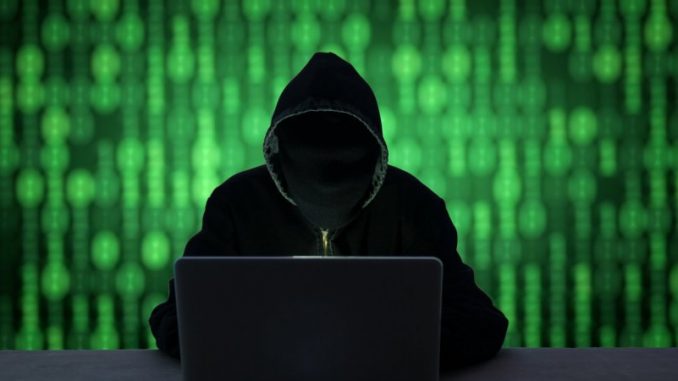
Millions of Americans have started working from home in the last few weeks, and as they do, scammers and hackers have seized the opportunity. The reality is that most home network setups are far less secure than what most office workers are used to, making them far more vulnerable to attack. While it’s impossible to eliminate every risk, the good news is that there are a few things you can do to protect yourself and your information from hackers and other bad actors.
Here are six things you can do:
Secure Your Zoom Meetings
I wrote about this specifically yesterday, but with the prevalence of “Zoombombing,” where hackers log into your Zoom meeting and take it over by sharing inappropriate materials, you should take steps to protect yourself. The FBI has even issued a warning. Fortunately, there are a few things you can do like using the waiting room function, disabling screen sharing, and using a meeting password.
Don’t Click on Unfamiliar Links
Especially Zoom invitations. Every legit Zoom meeting looks the same: https://zoom.us/j/ followed by the meeting ID. If it’s close, but not exactly that, it could be from a scammer trying to get your information. According to research from Check Point, there has been a surge of fake domains registered trying to capitalize on people sending Zoom invites. Don’t fall victim to their scams. Always check and if something doesn’t seem right, don’t click on it.
Don’t Give Up Login Info
Many phishing scams work by sending you what appears to be a legitimate link. When you click on it, however, it takes you to a fraudulent website that happens to look legit, but definitely is not. As a general rule, never give personal information to a link that you receive in an email. There are no banks that will ask you to do this, no matter how convincing the email. Even if you do get a legitimate email, it’s still better to type the known website address directly into your browser.
Don’t Download Attachments
Scammers have been sending attachments with malicious code for as long as there has been email. If you get an email with an attachment you weren’t expecting, even if it appears to be from someone you know, double check first. By the way, replying to the email isn’t the best way to find out. Send a brand new email to the address that you know belongs to the sender since a spoofed email will end up going back to the scammer–who can then “confirm” that you should open the file.
Put a Password on Your WiFi
If you still haven’t secured your home WiFi network, now is the time. The last thing you need is a bored neighbor or curious hacker accessing your network. You might think it isn’t a big deal until you realize that once someone logs on, it’s possible to snoop on your internet traffic and even gain access to your devices.
Use a VPN
A virtual private network (VPN) creates a secure path for your internet traffic, preventing others from snooping or tracking what you do. VPNs are common among larger businesses that have employees accessing a company network or server.
For small businesses and individuals, however, there’s still a huge benefit to keeping your personal and company information secure and away from prying eyes. Providers like Dashlane and NordVPN offer affordable options that are easy to install and use.
*story by Inc.